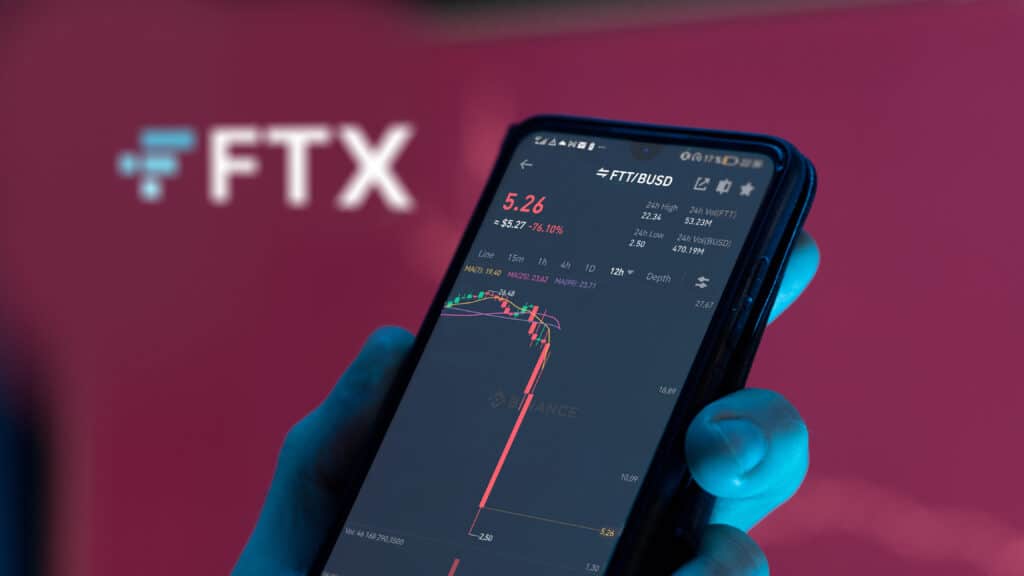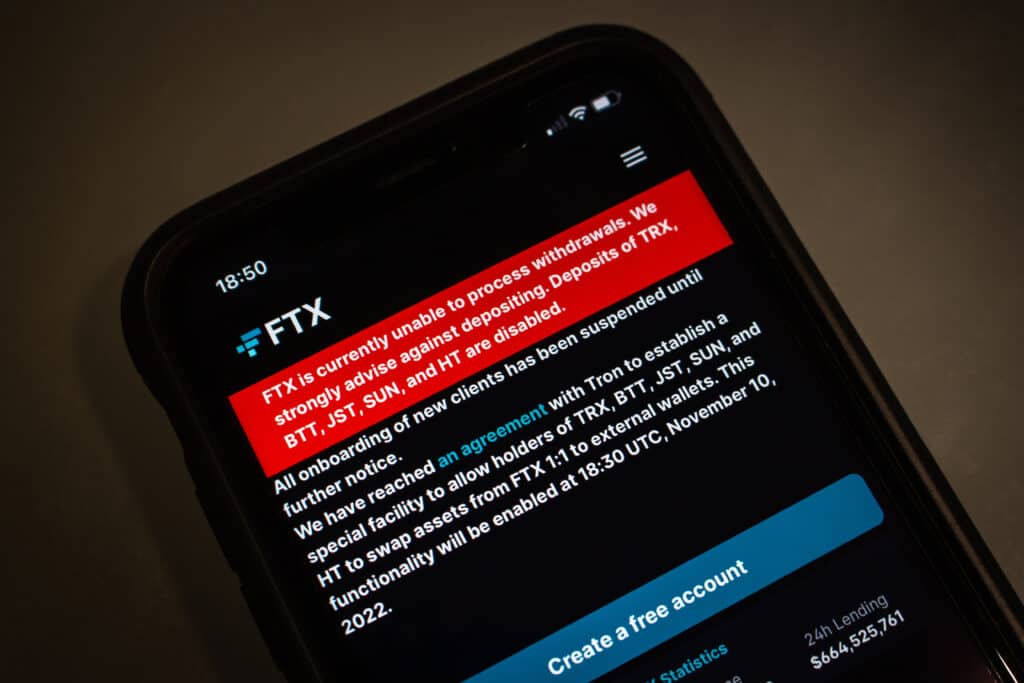
Key Takeaways:
- Sam Bankman-Fried, the former CEO of FTX, has been sentenced to 25 years in prison by the United States District Court for the Southern District of New York for his role in the FTX and Alameda Research collapse, along with an $11-billion financial penalty.
- The sentence was significantly influenced by SBF’s actions of witness tampering, perjury, and his refusal to acknowledge wrongdoing, highlighted during the judicial proceedings.
- The case has drawn significant public and legal interest, indicating a pivotal moment in addressing the consequences of high-profile financial crimes within the cryptocurrency sector.
Former FTX CEO Sam Bankman-Fried, also known as “SBF,” has been sentenced to a quarter-century of incarceration after a federal court hearing.
On March 28, United States District Court for the Southern District of New York Judge Lewis Kaplan handed down a sentence of 240 months plus an additional 60 months, culminating in a 25-year prison term for SBF.
JUST IN – Sam Bankman-Fried sentenced to 25 years in prison. pic.twitter.com/LUPpVBkn9b
— Disclose.tv (@disclosetv) March 28, 2024
This sentencing comes as a result of his conviction on seven counts of felony charges, marking him as the initial individual linked to the FTX and Alameda Research debacle to be incarcerated following the exchange’s collapse in late 2022.
Judge Kaplan’s decision was influenced by findings of witness tampering and perjury by SBF, particularly highlighted by his revocation of bail in August 2023 and misleading testimony concerning FTX user funds at his trial.
Despite noting Bankman-Fried’s social ineptitudes, Judge Kaplan emphasized testimonies indicating SBF’s awareness of his wrongdoing yet his consistent refusal to acknowledge it.

The severity of the crime was underscored by Kaplan, who critiqued Bankman-Fried’s courtroom demeanor as unprecedented in his nearly three decades of judicial service.
The judge’s ruling also included an extraordinary $11-billion judgment on top of the prison sentence.
He delineated the extensive financial devastation wrought by SBF’s actions, with FTX investors, lenders, and customers suffering losses totaling approximately $11 billion.

This sentence reduction consideration, accounting for time already served, places SBF’s total prison time at 291 months.
The sentencing attracted widespread attention, filling the New York courtroom with public spectators and officials awaiting the outcome.
Bankman-Fried, donning the Metropolitan Detention Center’s uniform, expressed remorse for the unfolding events at FTX, suggesting its potential survival had operations continued.

His defense attempted to paint him as a non-malicious figure, driven by analytical thinking rather than harmful intent.
Victim impact was notably addressed by Sunil Kavuri, a U.K. national, who testified about the enduring suffering post-FTX collapse, challenging the defense’s claim of negligible loss.
The prosecution criticized Bankman-Fried’s lack of responsibility acceptance, highlighting the grave implications of his actions.
Former cryptocurrency billionaire Sam Bankman-Fried was sentenced to 25 years for his role in perpetrating one of the largest financial crimes in U.S. history. The 32-year-old was found guilty in November of seven counts, including conspiracy, fraud and money laundering. pic.twitter.com/IseD1OCUYN
— CBS Evening News (@CBSEveningNews) March 28, 2024
Judge Kaplan’s sentencing decision struck a balance between the defense’s and prosecutors’ sentencing recommendations, reflecting a consensus within expert predictions considering the case’s details and financial stakes.
This case’s developments pave the way for further sentencing of other FTX and Alameda Research associates, with significant attention on upcoming proceedings against Gary Wang, Caroline Ellison, Nishad Singh, and Ryan Salame.

